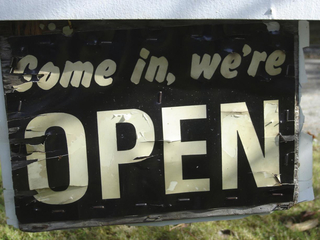Key findings
When considering some of the challenges mentioned in our two case studies, we offer the following suggestions:
-
Help immigrant entrepreneur business owners bridge the social and cultural differences they may have with local banks and other lenders in the region.
-
A critical factor for business growth was securing financial capital to purchase the physical assets needed to operate.
-
-
Help facilitate social connections with other community-based business associations, such as chambers of commerce, informal local business networking groups, or cultural institutions within their communities when working with immigrant business owners on loan applications.
-
Immigrant business owners can generate additional connections, both informal and formal, as well as increased awareness of their business’s benefits to the community at large.
-
-
Serve as the initial convener of a regional immigrant mentoring group or network, acknowledging the experience and contributions of area entrepreneurs and serving to broaden the bridging social capital undergirding regional entrepreneurship.
-
Mentoring fellow immigrant business owners provides support for those just getting started as they grow and sustain their businesses.
-
About this case study report
This report examines how immigrant entrepreneurs in the Northwest Regional Development Commission area utilize financial, cultural, social, and human capital to grow and maintain their businesses. The report aimed to identify how critical cultural values held by entrepreneurs have influenced the continuity and survival of immigrant-owned businesses in Northwest Minnesota.
Using video recording techniques, Extension researchers confirmed two of the 10 businesses identified through a snowball interviewing process. Following the two recorded interviews, online software was used to examine:
-
Where entrepreneurs self-identify on Danes, Lee, Stafford, and Heck’s ethnic and cultural dimensions.
-
How immigrant entrepreneurs have used their financial, social, cultural and human capital when acquiring dimensions proposed in the Entrepreneurial Development System.
About the interviewees
Learn more about the two immigrant entrepreneurs referenced in the report and watch parts of their video interviews below.
Jade In
Jade is the president of Soyko International. She came to the U.S. from Korea in the late 1970s. Her company direct markets non-GMO soybean and soybean-based products to Japan, Korea, and China.
Pete Patel
Pete is the general manager of Quality Inn and Sundance Dining in Thief River Falls. He came to the U.S. from the state of Gujarat in India. Pete took ownership of the Quality Inn in Thief River Falls, a 75-room hotel, and the adjacent restaurant in 2011.
Reviewed in 2022


